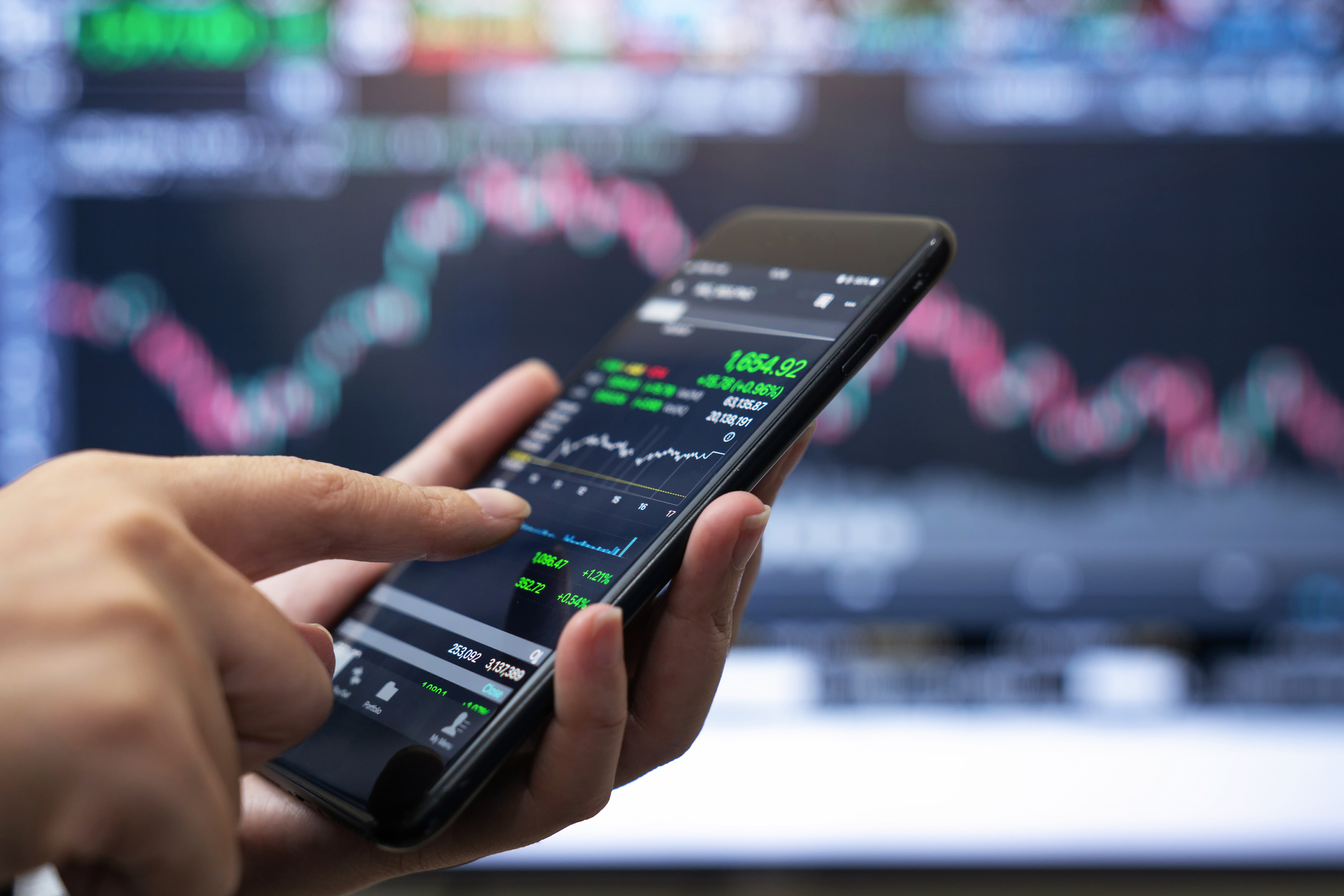Just how high could gold go?
Just how high the price of gold could go is a tough call to make. Because as more people become interested in the stuff, the more bizarre valuation methods we'll see.

Get the latest financial news, insights and expert analysis from our award-winning MoneyWeek team, to help you understand what really matters when it comes to your finances.
You are now subscribed
Your newsletter sign-up was successful
Want to add more newsletters?

Twice daily
MoneyWeek
Get the latest financial news, insights and expert analysis from our award-winning MoneyWeek team, to help you understand what really matters when it comes to your finances.

Four times a week
Look After My Bills
Sign up to our free money-saving newsletter, filled with the latest news and expert advice to help you find the best tips and deals for managing your bills. Start saving today!
Fears over the euro have sent gold spiking to new highs. But just how high could it go eventually? I've read a lot of interesting calculations recently. On Breakingviews, Martin Hutchinson suggests it could hit $5,000 an ounce or more. Based on consumer price inflation, he says, the $875 an ounce high seen in 1980 is equivalent to $2,400 an ounce today. But if you also consider the huge growth in the world's economic output since then (it's increased about six-fold), and "the gold price could top out at $5,300," says Hutchinson.
Meanwhile, our own Tim Price told readers of his Price Report newsletter last week that you could argue that gold was worth $9,500 an ounce. How? Take it away Tim
"The partners at hedge fund group QB Asset Management conducted an analysis at the end of 2008 to try and assess the intrinsic value of gold in dollar terms, what they called 'The Shadow Gold Price'. They assumed that US Federal Reserve Bank liabilities were again exchangeable into gold and then divided the dollar amount of current Fed liabilities by official gold holdings. The results will probably surprise you.
MoneyWeek
Subscribe to MoneyWeek today and get your first six magazine issues absolutely FREE

Sign up to Money Morning
Don't miss the latest investment and personal finances news, market analysis, plus money-saving tips with our free twice-daily newsletter
Don't miss the latest investment and personal finances news, market analysis, plus money-saving tips with our free twice-daily newsletter
"By dividing $2.5 trillion in FRB reserves by US official gold holdings of 8,100 metric tons, they came up with an "equilibrium" gold price of approximately $9,500 per ounce today. That is not their target price for gold necessarily, but it shows just how much potential there is for further gains in the spot gold price as expressed in US dollars."
Those prices might sound outlandish. But I think Tim's last point is the one to bear in mind it's not so much a target price, as an indication of the potential for further gains. As Socit Gnrale's Dylan Grice wrote in a similar report on gold, the point is that gold is a pretty tough object to value. It doesn't provide an income, now or in the future, which is the way you measure the value of most investments.
So as more and more people become interested in gold, the more likely we are to see increasingly bizarre valuation methods cropping up equivalent tothe "eyeballs per page" measure and the like that used to come up when tech bubble analysts tried to value profitless dotcom stocks.
The point is that gold's bull run won't end when it hits a specific value. It will end when the central banks of the world finally decide that they need to hike interest rates and start protecting their currencies. As the actions of the European Central Bank so amply demonstrate, that doesn't look like happening in the foreseeable future. So you can expect to see gold hitting new highs again and again.
Dominic Frisby, our commodities correspondent, has more on the near-term outlook for gold in Money Morning tomorrow morning (sign up for it here - for free - if you haven't already).
* The Price Report is a regulated product issued by MoneyWeek Limited.
Get the latest financial news, insights and expert analysis from our award-winning MoneyWeek team, to help you understand what really matters when it comes to your finances.

-
 Japanese stocks rise on Takaichi’s snap election landslide
Japanese stocks rise on Takaichi’s snap election landslideJapan’s new prime minister Sanae Takaichi has won a landslide victory in a snap election, prompting optimism that her pro-growth agenda will benefit Japanese stocks
-
 Alphabet 'is planning a 100-year bond': would you back Google for 100 years?
Alphabet 'is planning a 100-year bond': would you back Google for 100 years?Google owner Alphabet is reported to be joining the rare century bond club
-
 How a dovish Federal Reserve could affect you
How a dovish Federal Reserve could affect youTrump’s pick for the US Federal Reserve is not so much of a yes-man as his rival, but interest rates will still come down quickly, says Cris Sholto Heaton
-
 'Investors should brace for Trump’s great inflation'
'Investors should brace for Trump’s great inflation'Opinion Donald Trump's actions against Federal Reserve chair Jerome Powell will likely stoke rising prices. Investors should prepare for the worst, says Matthew Lynn
-
 The challenge with currency hedging
The challenge with currency hedgingA weaker dollar will make currency hedges more appealing, but volatile rates may complicate the results
-
 Can Donald Trump fire Jay Powell – and what do his threats mean for investors?
Can Donald Trump fire Jay Powell – and what do his threats mean for investors?Donald Trump has been vocal in his criticism of Jerome "Jay" Powell, chairman of the Federal Reserve. What do his threats to fire him mean for markets and investors?
-
 Freetrade’s new easy-access funds aim to beat top savings rates
Freetrade’s new easy-access funds aim to beat top savings ratesFreetrade has launched an easy-access exchange traded fund (ETF) range - here’s how the ETFs work and how they compare to the savings market
-
 Go for value stocks to insure your portfolio against shocks, says James Montier
Go for value stocks to insure your portfolio against shocks, says James MontierInterview James Montier, at investment management group GMO, discusses value stocks and slow-burn Minsky moments with MoneyWeek.
-
 Where do we go from here?
Where do we go from here?Features A new series of interviews from MoneyWeek
-
 As China reopens, why pick an income strategy?
As China reopens, why pick an income strategy?Advertisement Feature Yoojeong Oh, Investment Manager, abrdn Asian Income Fund Limited